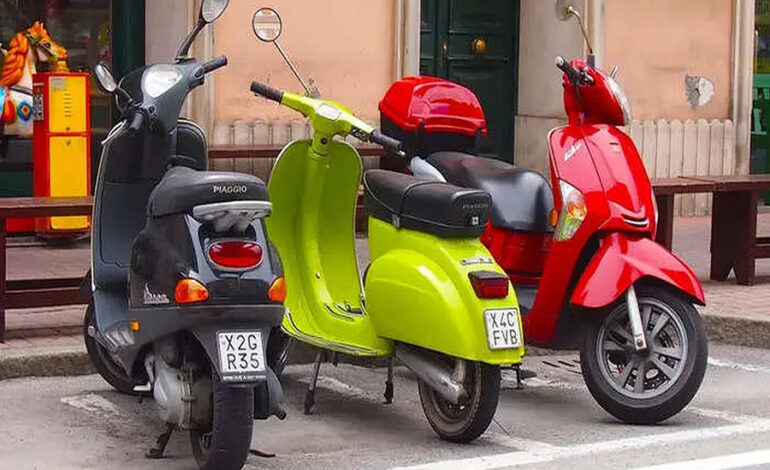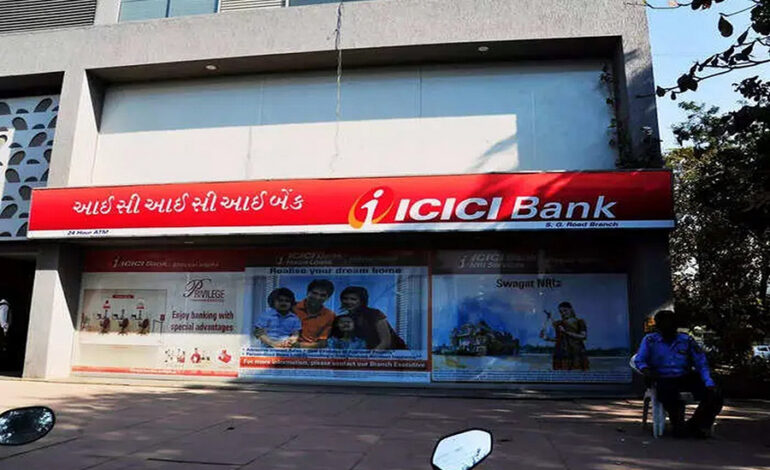Two Wheeler Sector Outlook for 2024

The Indian automotive industry is poised for growth in 2024, with the two-wheeler segment expected to lead the charge, according to a report by Jefferies. Let’s delve into the insights and projections for the two-wheeler sector in the coming year.
Growth Projections
Jefferies forecasts double-digit growth for the two-wheeler segment over the next two years, with a compounded annual growth rate (CAGR) of 15%. This growth trajectory outpaces that of passenger vehicles and trucks, which are anticipated to grow at a CAGR of 7-8%.
Two Wheeler Preference
Amidst the mixed landscape of the automotive industry, two-wheelers emerge as the preferred picks for investors. Jefferies emphasizes its positive outlook on Indian autos, particularly favoring two-wheelers. The research firm attributes this preference to the strong growth prospects and company-specific positives within the two-wheeler segment.
Sales Trends and Profitability
After facing challenges during the pandemic years, the tide has now turned for two-wheeler sales. While two-wheeler volumes lagged behind passenger vehicles in recent years, 2023 marked the beginning of a recovery. The sector witnessed a growth of 9.5%, signaling a positive trajectory for the coming years.
Factors Driving Demand
2024 is expected to bring a boost for two-wheelers, fueled by factors such as new model launches, improved economic conditions, and higher electric vehicle (EV) participation. Additionally, factors like lower fuel prices and increased crop payments to farmers are likely to drive consumer demand in the sector.
Margin Improvement and EV Consolidation
Strong demand and new product launches are anticipated to contribute to improved margins for two-wheeler manufacturers. The sector has also benefitted from a favorable commodity price environment, further enhancing profitability.
Electric vehicles are expected to play a significant role in shaping the two-wheeler market in 2024. Despite the reduction in EV subsidies, tighter regulations and lower subsidies are driving consolidation in the EV space. Top OEMs dominate both the electric and internal combustion engine (ICE) segments, indicating market consolidation.
Market Concentration and Long-term Profitability
The Herfindahl–Hirschman Index (HHI) for the two-wheeler sector is converging with that of ICE vehicles, suggesting a more balanced market landscape. This convergence is expected to alleviate concerns regarding long-term profitability in the sector.
In summary, the two-wheeler segment is poised for robust growth in 2024, driven by a combination of favorable market conditions, technological advancements, and evolving consumer preferences.









